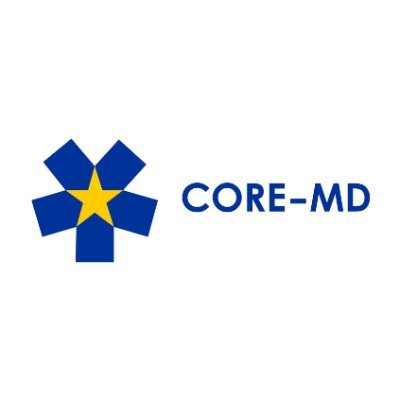FAQ'S
List Of Questions:
Given that different countries use different units of measurement, will I have to know them all?
We will include a range of normal unit values for any blood results used in the examination questions.
How long will the exam last?
The exam will last for 2:30.
How many questions will there be in the exam?
There will be in the region of 120 questions.
What is the pass mark for the exam?
The pass mark is determined by the difficulty of the questions and varies slightly each time, but will be around 60-70%.
How is the exam pass mark determined?
To ensure fairness and accuracy in assessing candidates, the IAPD does not use a fixed pass percentage across exam administrations. This is because each year’s exam may vary slightly in difficulty. A fixed threshold—such as 60%—would not account for these variations and could unfairly advantage candidates depending on the relative ease or difficulty of that year’s questions.
Instead, the IAPD uses the Angoff Method, a globally recognised standard-setting approach in medical education. In this method, a panel of experts evaluates each question and estimates how many minimally competent candidates would answer it correctly. These estimates are used to calculate a pass mark that reflects the specific difficulty of the current year’s exam.
This process ensures that the pass mark is fair, valid, and consistent with international best practices.
How many times can I take the exam, if I fail?
There is no limit to the amount of times you can take the exam.
When will I receive my exam results?
Exam results are typically released within 4 to 6 weeks after the exam date. All candidates will be notified via email as soon as their results are available.
Are there some practice questions? Is there a bank of sample questions?
We’re currently developing a selection of sample questions and will make them available on the website shortly.
What are the minimum system requirements for my computer or laptop to successfully take the online exam?
To view the computer requirements, please visit the following link: https://support.proctoru.com/hc/en-us/articles/24692181239309-Equipment-Requirements
Where can I find additional resources or materials to help prepare for the EBP-EAP Exam?
You can find additional resources and materials to help you prepare for the exam here: https://eapaediatrics.eu/how-to-prepare/.
Contact us:


